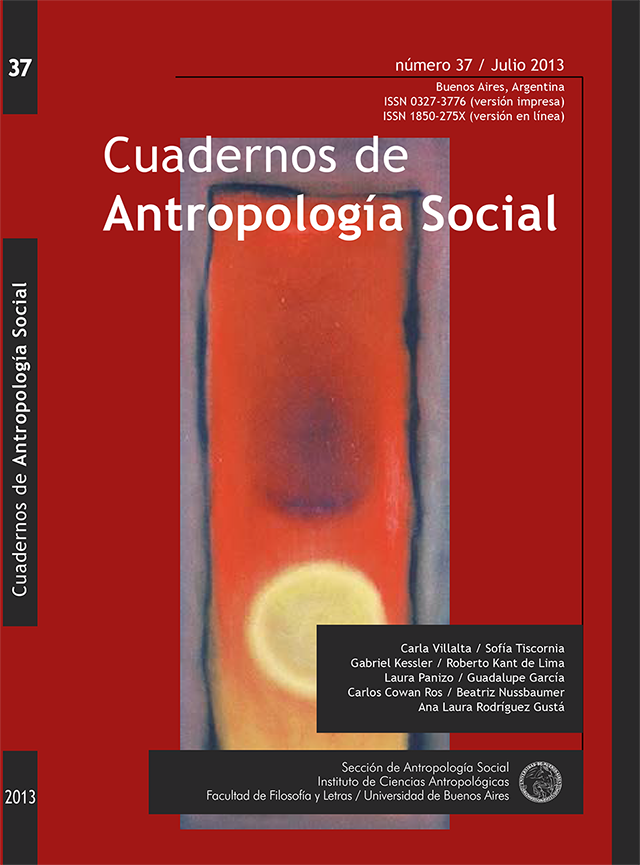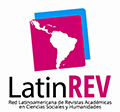Entrepreneurial program recipients or dependent beneficiaries? Discursive segmentations in the local implementation of a social policy in Argentina
Abstract
This article examines the discursive gender regime in the implementation of a conditional cash transfer program, Plan Jefes y Jefas de Hogar Desocupados (Unemployed Household Heads Plan) in the Local County of Moreno, Province of Buenos Aires, Argentina. Based on a qualitative research method centered on interviews with institutional actors, we reconstructed the images about women with scarce resources. The social economy approach held by the municipal management did not value the cultural competencies of the entire population of female beneficiaries. In principle, the local management favored those women with competencies that allowed them to assume the challenge of starting and maintaining micro enterprises and self-employment. Thus, there is a bifurcated gender regime depending on the group of beneficiaries, because the imagery about women and their living conditions vary depending on whether they are micro entrepreneurs or not. Traditional images are reproduced, precisely, among the most vulnerable women.Downloads

Esta obra está bajo una Licencia Creative Commons Atribución 4.0 Internacional
Cuadernos de Antropología Social sostiene su compromiso con las políticas de Acceso Abierto a la información científica, al considerar que tanto las publicaciones científicas como las investigaciones financiadas con fondos públicos deben circular en Internet en forma libre, gratuita y sin restricciones.
Los contenidos y opiniones expresadas en los artículos publicados son de entera responsabilidad de sus autores.
Los autores/as que publiquen en esta revista aceptan las siguientes condiciones:
- Los autores/as conservan los derechos de autor y ceden a la revista el derecho de la primera publicación, bajo la licencia de atribución de Creative Commons, que permite a terceros utilizar lo publicado siempre que mencionen la autoría del trabajo y a la primera publicación en esta revista.
- Los autores/as pueden realizar otros acuerdos contractuales independientes y adicionales para la distribución no exclusiva de la versión del artículo publicado en esta revista (p. ej., incluirlo en un repositorio institucional o publicarlo en un libro) siempre que indiquen claramente que el trabajo se publicó por primera vez en esta revista.















